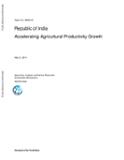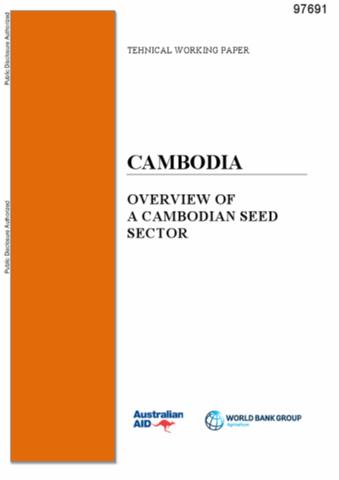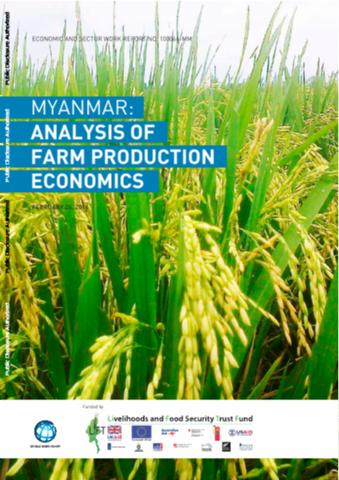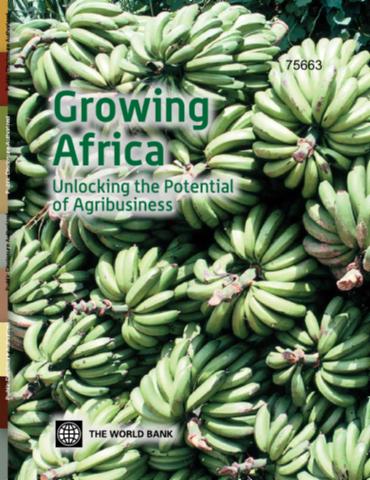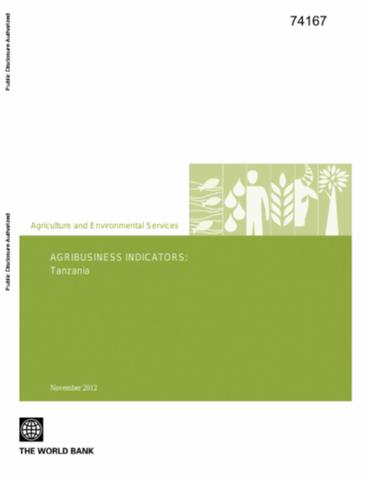Knowledge driven development: Private extension and global lessons: Synopsis
Private sector agricultural extension has expanded rapidly in many developing countries in the wake of drastic funding cuts made to public extension systems in the 1980s and 1990s. Motivated by the increase in sales or contract farming revenues that extension can generate, private providers include seed and input companies, distributors and dealers, service providers, food processors and retailers, and mobile phone companies. Mixed public-private systems are now becoming common. How well can the private sector fill the gap left by dysfunctional public systems?






